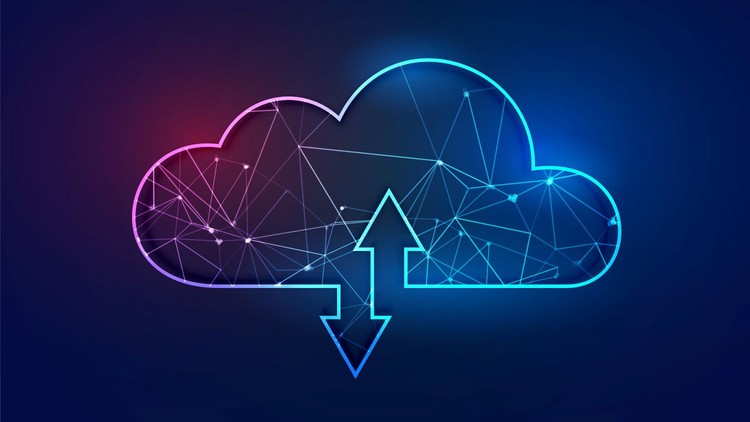
Master the fundamentals of cloud computing and build robust web applications using Google Cloud Platform (GCP)
What you will learn
The basics of cloud computing and how to work with Google Cloud Platform (GCP).
How to configure MySQL databases and integrate them with your application.
The repository pattern and custom exceptions to manage your application’s data layer effectively.
How to implement and deploy RESTful APIs with GCP and manage cloud resources.
Real-world skills in deploying cloud-based applications and running them on GCP.
Why take this course?
The Building Web Applications with Google Cloud Platform (GCP) course offers a comprehensive guide to developing cloud-based applications, leveraging the powerful services of GCP. You’ll learn how to configure your cloud environment, set up databases, build APIs, and implement real-time application deployment. This course blends cloud infrastructure with application development, providing hands-on experience through a step-by-step project approach.
Section 1: Introduction to the Project
In this section, you’ll be introduced to the project you’ll be working on throughout the course. The lecture will provide a high-level overview of the project’s scope and how each stage of the course fits into the bigger picture of building a cloud-based application on GCP.
Section 2: GCP Hands-on Experience
In this section, you’ll gain practical experience with Google Cloud Platform (GCP) services. You’ll start with the basics of GCP, followed by hands-on setup and configuration of the resources required for the project. Each lecture will guide you through the creation and management of GCP services that will power your web application.
- Lecture 2: Introduction and High-Level Diagram
You’ll begin by understanding the high-level architecture of your project, including the services and components you will use in GCP. This helps you visualize the flow of data and interactions in your web application. - Lecture 3: Project Skeleton and Database Configuration
This lecture covers setting up the basic project skeleton, including the initial folder structure and configuration files. You’ll also configure your database (likely MySQL) within GCP to store your application data. - Lecture 4: Entity Creation
You’ll learn how to create entities (models) that represent data in your database. These entities will serve as the foundation for your application’s logic, allowing you to interact with your database in an organized manner. - Lecture 5: Repository and Custom Exceptions
In this lecture, you’ll implement a repository pattern to manage data access, making your code more modular and easier to maintain. You’ll also create custom exceptions to handle error cases specific to your application. - Lecture 6: API Implementation Controller
Learn how to create RESTful APIs that will interact with the backend of your application. You’ll create controllers to handle requests and responses, ensuring your application’s functionality is accessible via API endpoints. - Lecture 7: MySQL Instance
This lecture focuses on setting up and configuring a MySQL instance on GCP, which will serve as your data store. You’ll learn how to manage database connections securely and efficiently. - Lecture 8: Running the Application
Finally, you’ll run your application, test its functionality, and troubleshoot any issues. You’ll gain hands-on experience deploying your web application on GCP and ensuring that it runs smoothly on the cloud.
Conclusion:
The Building Web Applications with Google Cloud Platform (GCP) course provides you with the skills to develop and deploy robust web applications using Google Cloud services. You’ll gain real-world experience working with cloud technologies, APIs, databases, and deploying applications, giving you a well-rounded foundation for building scalable web apps.